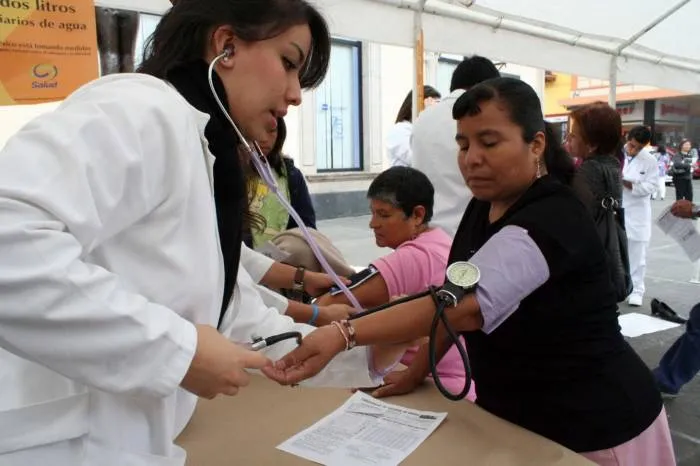Within the framework of the LIV International Congress of the Mexican Society of Nutrition and Endocrinology, experts give 'recipe' against the disease.
Mexico, D.F.- In the treatment of diabetes, medical-patient communication strategies should be created, to achieve a commitment that improves the quality of life of those affected, since only six percent live free of complications, experts agreed.
The strategies must include clinical care models that contribute to the proper management and control of diabetes, and lower the risk of developing complications, endocrinologists presented within the framework of the LIV International Congress of the Mexican Society of Nutrition and Endocrinology A.C., in Mérida, Yucatán.
Steffen Tage, a psychologist from the University of Copenhagen, Denmark, indicated that different factors contribute to a better patient-music relationship, however the three main ones are communication, motivation and attention to the common problems they face, reports Notimex.
The consultant of the Education Center of the Steno Diabetes Center, and a training professionals in care professionals for this condition, said that when the doctor and his patient create a relationship of trust, motivation is increased and thereforeThey achieve their control goals. ”
That is, he added, to create a medical-patient harmonic communication that significantly improves psychosocial aspects within the management of diabetes, it is advisable to use five practical tools.
He proposed to initiate the consultation by asking the patient how he feels, his concerns and evaluate the changes in the following appointment;review your measurements and physical condition;Make together the conclusions of your visit, as well as a list of the following realistic and specific steps, which gives more probability of success in treatment.
'Life Advisor'
By participating in the symposium, the Diabetes Canon: orchestrating the treatment, also suggested that the time in consultation is at least 15 minutes to cover both the physical and the psychosocial aspect, to be a “life advisor” motivating the patient, tothrough communication.
In the act, organized by Danish pharmaceuticals Novo Nordisk, a specialist in diabetes control, Dr. Mariana Mercado stressed that "doctors should not forget the psychosocial components of patients' lives."
Among them he mentioned that specialists must be more involved and pending the concerns of those affected, provide them with the information they require and help them understand what it means to live with diabetes.
According to the results of the Dawn2 study, (Wishes and Needs 2), 19 percent of people with that evil feel discriminated against by their condition and 45 percent experience emotional anguish for the same cause.
Hence the need to implement international programs for health professionals, as they have done in countries with a high prevalence of diabetes such as China, Brazil, India and Mexico, where the personnel are trained to see the patient “beyond the disease”.
Mariana Mercado concluded that specialists have a health challenge with the 13 million Mexicans with diabetes, and urged to improve the doctor to improve their patients, without taking responsibility for the proper management of their condition.


